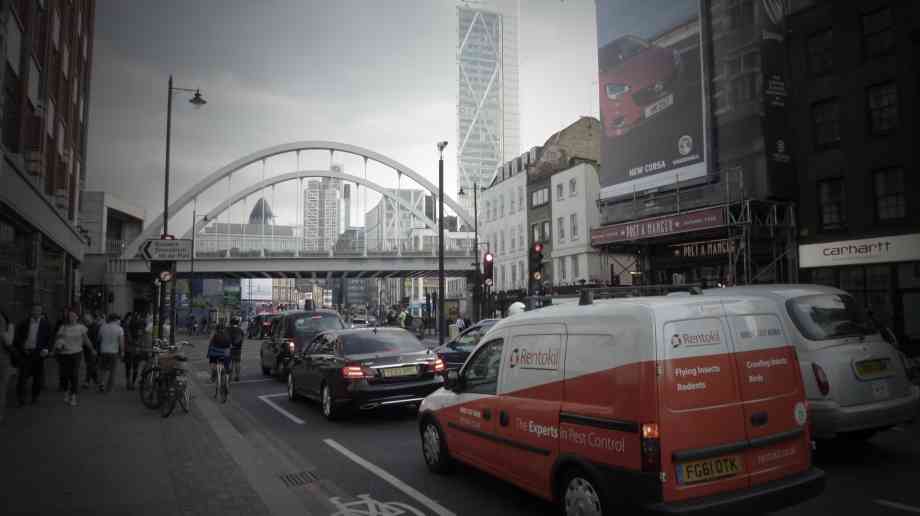Sue Robb of 4Children talks to Julie Laughton and Alison Britton from the Department for Education about the role of childminders in delivering the 30 hours free entitlement.
Car more important following pandemic, say drivers

More than half of UK drivers say that having access to a car is more important than it was before the coronavirus pandemic, according to research by the RAC.
The RAC’s annual Report on Motoring has found that two-thirds of drivers are all significantly more likely to say they need a car more now than they did before March.
Despite the rise in home deliveries, nearly seven-in-10 drivers say a car is essential for carrying items like shopping, up from 54 per cent last year. Meanwhile, six-in-10 drivers say the car is essential for meeting up with friends and family who live elsewhere in the country, significantly up from 45 per cent in 2019.
The research also shows the scale of the challenge to encourage drivers to switch from their vehicles to public transport for some trips even in a post-pandemic scenario – and if this was a problem before the lockdown, it’s likely to be an even greater one in the future. For the first time since 2002 fewer than half of drivers (43 per cent) say they would use their cars less, even if public transport was improved – down sharply from 57 per cent in 2019.
The declining appeal of public transport seemingly represents a seismic shift compared to recent years, and suggests drivers are more wedded to their cars than they have been for a long time. The RAC also says that it reflects ongoing safety concerns of using potentially crowded public transport systems.
Rod Dennis, RAC data insight spokesperson, said: “Even with lower traffic volumes, the pandemic appears to have reinforced the bond between drivers and their cars – with public transport less attractive than ever. Motorists see having access to a car as being even more important for the trips they need to make, be that shopping for essentials or getting out to see family and friends in other parts of the country when restrictions allow.
“Without a concerted effort from government and local councils, the pandemic risks putting efforts to encourage drivers out of their cars for some trips back by years. Even before the coronavirus, drivers complained that public transport fares were often too high and services didn’t run when they needed them to. Now, for the first time since 2002, we have fewer drivers than ever saying they’re prepared to use public transport even if services improved – underlining just what a huge role the car continues to play in 2020.
“As cities seek to improve air quality and make urban centres cleaner places, it’s clear that low-cost, efficient alternatives to the car need further thinking and much greater financial investment. Park and ride sites make a lot of sense and cater for the many people who are too far from regular public transport networks, but perhaps now is the time for the concept to evolve to encompass park and cycle, park and walk, or even park and scoot. A failure to invest in adequate alternatives for drivers keen on accessing town and city centres risks stifling the recovery of these areas as shopping and tourist destinations as we eventually come out of the coronavirus pandemic.”
Company Focus
The Isuzu D-Max is a rugged workhorse that can fulfil a myriad of purposes as both a business and personal vehicle. Consequently, the D-Max is a particularly popular choice when it comes to farming, construction, and trade industries. Uncompromising in nature, the D-Max strives to be the ideal companion for many business needs.
Event Diary
UKREiiF has quickly become a must-attend in the industry calendar for Government departments and local authorities.
The multi-award-winning UK Construction Week (UKCW), is the UK’s biggest trade event for the built environment that connects the whole supply chain to be the catalyst for growth and positive change in the industry.
Supplier Profiles
Geo Energy
At GeoEnergy Design, we're on a mission to disrupt the traditional way heating and cooling ha
Latest Features
Professor Harith Alani, director of the Knowledge Management Institute at the Open University explains how AI can be used for good and bad.
Alex Lawrence, head of health & social care, techUK sets out techUK’s Five Point Plan for CareTech.

















